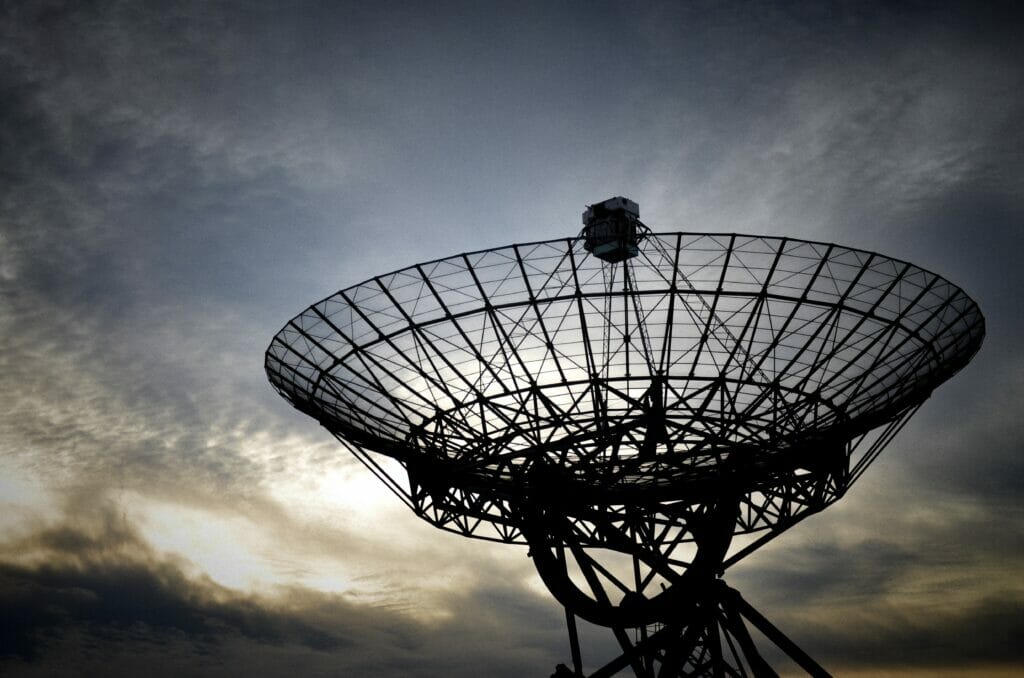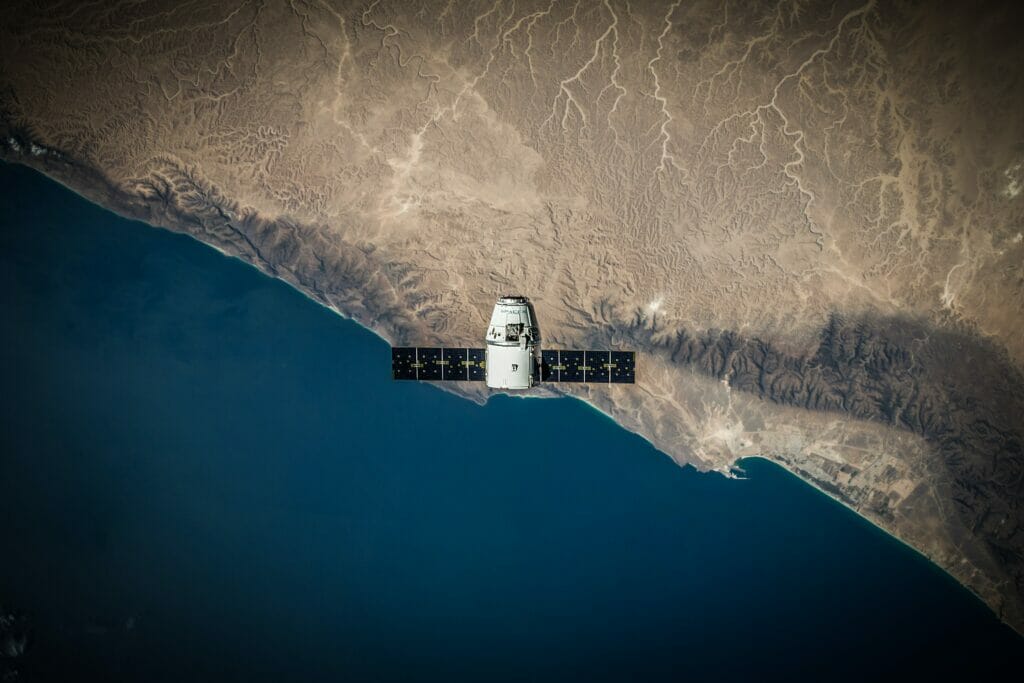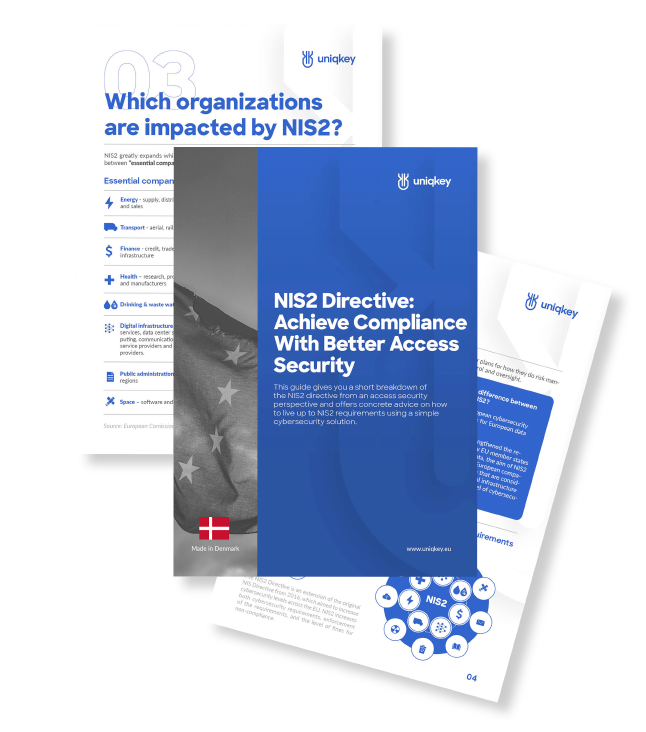ESSENTIAL ENTITY
The Space Sector
Learn how the NIS2 directive affects organizations in the space sector.
The Space Sector
As an essential component of the modern economy, the space sector is critical to many industries, including telecommunications, navigation, and national security.
However, the importance of this sector also makes it a prime target for cyber threats and attacks. Cybercriminals may target the space sector to gain access to sensitive data or disrupt critical systems, which could have severe consequences. As a result, the NIS2 Directive recognizes the space sector as an essential entity, subject to its most strict cybersecurity requirements.

Key Cybersecurity Challenges For The Space Sector
Sophisticated Cyberattacks
The space sector is a prime target for sophisticated cyber attacks from nation-state actors and APT groups, which can result in unauthorized access to data or disruption of critical systems
Legacy Systems
Many space systems have been in use for decades and were not designed with modern cybersecurity threats in mind. This makes them more vulnerable to cyberattacks.
Supply Chain Risks
The space sector relies on complex global supply chains, which can create vulnerabilities in the supply chain that attackers can exploit to gain further access to critical systems.
Limited Visibility
The complexity and remote locations of space systems make it challenging to detect and respond to cybersecurity incidents and address vulnerabilities.
Human Error
The space sector involves complex systems and high levels of human interaction. Human error can create security risks like unintentional data leaks or system misconfigurations.
Space-based Asset Threats
Space-based assets such as satellites and ground stations are vulnerable to a range of threats that could disrupt critical space-based communications and other services.
The Implications of NIS2 For The Space Sector
Although not commonly considered a critical sector by most people, a wide range of modern-day industries rely heavily on space-based technologies.
This has prompted the EU to include the space sector in the new NIS2 Directive, imposing stricter cybersecurity requirements on the organizations affected. Below are some of the likely implications of the NIS2 Directive for the space sector.

REPORTING REQUIREMENTS
The NIS2 directive includes new reporting requirements for space organizations, which will need to report any cyber incidents that could impact the space infrastructure, including satellites and ground stations. This requirement will create new challenges for space organizations in terms of monitoring, detecting, and responding to potential cyber threats.
COLLABORATION WITH REGULATORY BODIES
The NIS2 directive will necessitate greater collaboration between the space industry and regulatory bodies to identify and address potential cybersecurity risks. This collaboration will require space organizations to share information and intelligence with regulatory bodies, which may help to improve overall cybersecurity and resilience in the sector.
FOCUS ON SUPPLY CHAIN SECURITY
The NIS2 directive will require space organizations to prioritize supply chain security, given the complex and global nature of the space sector’s supply chains. This will require space organizations to implement robust supply chain risk management practices, including due diligence and monitoring of suppliers and third-party contractors.
IMPACT ON THE space market
Compliance with the NIS2 Directive’s requirements may create new entry barriers in the space market. Smaller and newer space organizations may find it more challenging to comply with the new regulations, potentially leading to market consolidation and changes in the competitive landscape. This could also result in the emergence of new space industry leaders who prioritize cybersecurity and resilience.
Get NIS2 Complaint (Whitepaper):
Time is running out to comply with NIS2 regulations. Starting your compliance journey sooner rather than later is crucial.
A typical NIS2 compliance process, including security assessments, auditing, consulting, and tool implementation, takes approximately 12 months.
For practical advice on how to comply with the requirements, check out our NIS2 white paper.

